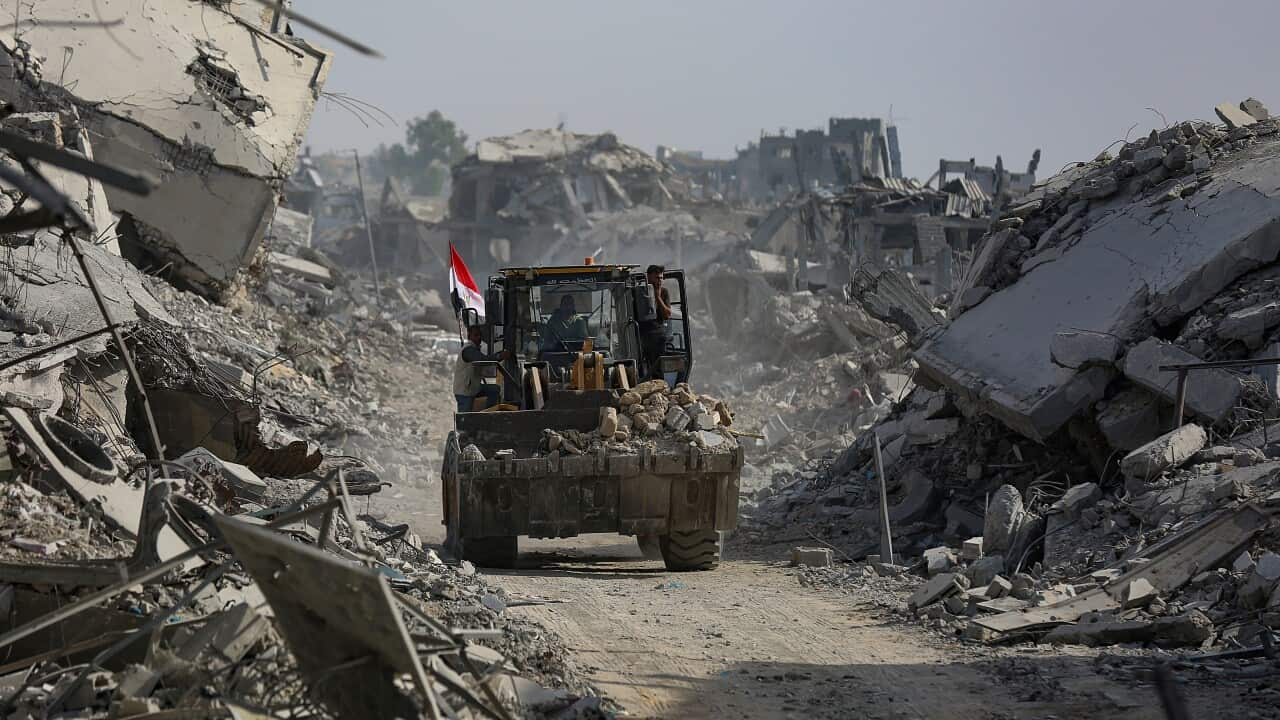Health authorities in three European countries on Thursday suspended use of AstraZeneca’s vaccine because of concerns that it might increase the risk of blood clots, but emphasized that they were taking action as a precaution and that there is no evidence of any causal link.
Denmark acted after a 60-year-old woman who received a shot died after developing a blood clot. Several other European countries had recently stopped using doses from the same batch of the vaccine after some reports of severe blood clots, and European drug regulators are investigating.
In the flurry of suspensions on Thursday, Norway and Iceland followed Denmark’s lead. Italy and Romania also paused shots, but only from a different batch of the vaccine than the one that had raised concerns elsewhere.
Public health experts expect medical conditions to turn up by chance in some people after they get any vaccine. In the vast majority of cases such illnesses have nothing to do with the shots. Most other countries where the vaccine has been given to many millions of people have not reported similar red flags.
The suspension comes amid a stumbling vaccine campaign across the European Union, where AstraZeneca has fallen short of its original supply commitments. That has been further complicated by a holdup in the United States: Tens of millions of doses of the vaccine are sitting idly in American manufacturing facilities, awaiting results from its U.S. clinical trial while countries that have authorized its use beg for access.
AstraZeneca has asked the Biden administration to let it lend American doses to the European Union, but the administration, for now, has denied the request, one official said.
As of Wednesday, 30 cases of obstructive blood clots had been reported among nearly five million people vaccinated with the AstraZeneca vaccine in the European Economic Area — a rate no higher than in the general population, the European Medicines Agency said.
The agency, Europe’s main drug regulator, said there was no indication that the vaccine “has caused these conditions” and that its benefits outweigh any risks.
Gonzalo Viña, a spokesman for AstraZeneca, said the company’s data have not turned up clotting issues. “An analysis of our safety data of more than 10 million records has shown no evidence of an increased risk of pulmonary embolism or deep vein thrombosis in any defined age group, gender, batch or in any particular country,” he said.
Blood clots, particularly if they are large, can damage tissue or organs like the lungs, heart or brain. Severe cases can be fatal, but people with small clots can often be treated outside of a hospital with prescription drugs.
Denmark’s drug regulator halted all use of the vaccine for at least 14 days. Health officials say they want to err on the side of safety.
Over the weekend, Austria suspended use of that same batch after severe blood clots turned up in several people who received those doses. One person died 10 days after vaccination. Another is now recovering after being hospitalized.
Estonia, Lithuania, Luxembourg and Latvia followed Austria’s lead in suspending use of that batch, though they will continue to inoculate their citizens with AstraZeneca doses from other batches.
More than 70 countries have authorized the vaccine, with the notable exception of the United States, where regulators are waiting on data from a large clinical trial there expected in the next few weeks. A decision from the Food and Drug Administration on whether to authorize AstraZeneca’s vaccine appears to be more than a month away.
The Biden administration’s hesitation about parting with the vaccines is at least partly related to uncertainties over the vaccine supply. Vaccine production is notoriously complex and delicate, and problems like mold growth can interrupt a plant’s progress.







